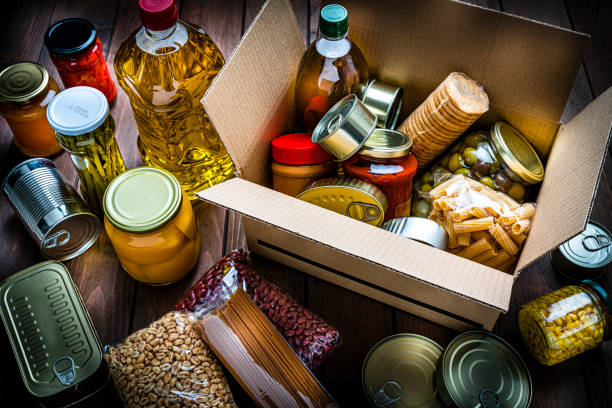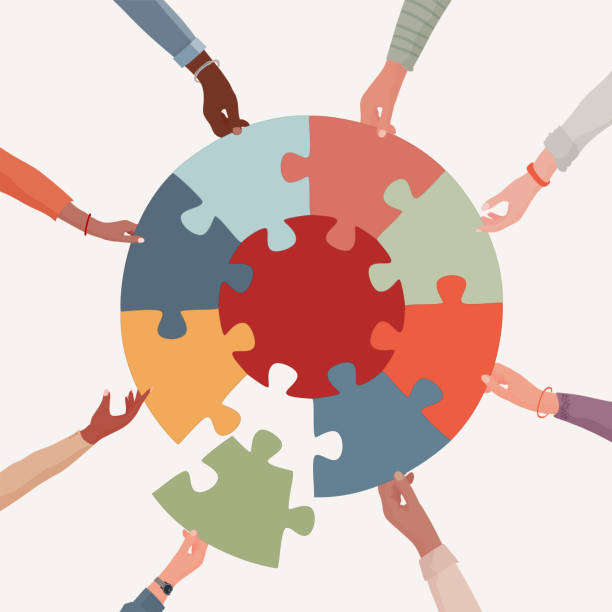Inflation in Nigeria – Inflation is a persistent increase in the general level of prices of goods and services. It erodes the purchasing power of money and makes it harder for people to afford the things they need. Low income earners are especially vulnerable to inflation, as they have less savings and assets to cushion the impact of rising costs.
Inflation in Nigeria – Statistics
According to the National Bureau of Statistics, Nigeria, the current inflation rate in Nigeria as of May 2023 was 22.41%. This was the highest level since October 2005 and the fourth consecutive month of increase. The main drivers of inflation were food prices, which rose by 24.82%, and transportation costs, which rose by 23.9%.
The inflation rate measures the percentage change in the average prices of goods and services over a period of time, usually a year or a month. It reflects the changes in the cost of living and the purchasing power of money. A high inflation rate means that the prices are rising faster than the incomes, making it harder for people to afford their basic needs.
The Central Bank of Nigeria has a target range of 6-9% for inflation and uses various monetary policy tools to achieve it. Some of these tools include the monetary policy rate, which is the interest rate at which the central bank lends to commercial banks; the cash reserve ratio, which is the percentage of deposits that banks must keep with the central bank; and the liquidity ratio, which is the percentage of liquid assets that banks must hold.
Here are some possible ways to deal with the crippling inflation in Nigeria:
Budget wisely

Track your income and expenses and prioritize your needs over your wants. Cut down on unnecessary spending and save as much as you can. Avoid impulse buying and plan your shopping ahead of time. Compare prices and look for discounts and bargains.
Eat smart

Food is one of the major items that consumes a large portion of your income. To save money on food, you can buy in bulk, cook at home, grow your own vegetables, reduce food waste, and eat less meat. You can also substitute expensive food items with cheaper alternatives, such as local grains, tubers, beans, and fruits.
Use public transportation

We know that the rising inflation in Nigeria has made public transportation more expensive, but it is still a better option. You can lower your transportation costs by taking public buses or trains instead of driving or hailing cabs. You can also try walking, cycling, or sharing rides with others when you can. This will not only help you save money but also benefit the environment and your health.
Conserve energy

Electricity and fuel are also subject to inflation and can increase your utility bills. To conserve energy, you can switch to energy-efficient appliances and light bulbs, turn off or unplug devices when not in use, and use solar panels or generators. You can also use alternative sources of cooking fuel, such as charcoal, firewood, or biogas.
Seek additional income
If your current income is not enough to cover your expenses, you may need to look for additional sources of income. You can start a side hustle, sell your skills or products online, offer your services to your neighbors or friends, or look for a better-paying job. You can also invest your savings in profitable ventures, such as agriculture, real estate, or stocks.
Educate yourself

Knowledge is power and can help you cope with inflation. You can educate yourself on financial literacy, budgeting, saving, investing, and entrepreneurship. Also learn new skills or upgrade your existing ones to increase your employability and income potential. You can leverage accessible or affordable online courses, books, podcasts, blogs, and videos on various topics.
Join a cooperative.

A cooperative is a group of people who pool their resources and work together for a common goal. You can join a cooperative that suits your needs and interests, such as a savings and credit cooperative, a consumer cooperative, a producer cooperative, or a service cooperative. By joining a cooperative, you can benefit from economies of scale, lower prices, higher quality, shared risks, and mutual support.
Seek government assistance
Some governments have various programs and policies that aim to help low income earners cope with inflation. You can seek government assistance by applying for subsidies, grants, loans, tax relief, social security, health insurance, or other benefits that you are eligible for. You can also participate in government initiatives that promote economic growth, job creation, poverty reduction, and social welfare. Unfortunately, most of this does not apply to the Nigerian government, as there are hardly any structures put in place to alleviate poverty for the Nigerian people.
Advocate for change
Inflation is not only an economic problem but also a political and social one. You can advocate for change by raising awareness about the causes and effects of inflation, demanding accountability and transparency from the government and other stakeholders, supporting anti-corruption efforts, and voting for leaders who have the best interests of the people at heart. As for voting the right leaders in, that ship has sailed for Nigeria, so we’ll try again in the next election cycle. Hopefully, we’d have learned our lesson by then.
Stay positive

Inflation can be stressful and demoralizing for low-income earners. However, you should not lose hope or give up on your dreams. You should stay positive and optimistic about the future. You should also take care of your physical and mental health by eating well, exercising regularly, sleeping enough, meditating, praying, or doing other activities that make you happy (watching movies or listening to music. Whatever rocks your boat).
These are some of the ways that low-income earners can deal with the crippling inflation in Nigeria. However, these are not exhaustive or definitive solutions. Each person’s situation is different and may require different strategies. The most important thing is to be proactive and adaptable to the changing economic conditions.
